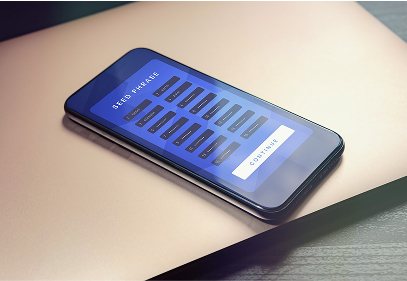Summary:
Securing your bitcoin means protecting your private keys from loss, theft, or unauthorized access. This is critical for anyone using Bitcoin.
Details:
Security begins with how you store your private key or seed phrase. Use hardware wallets for large amounts, and always back up your wallet properly. Avoid using cloud storage or taking screenshots of sensitive information.
For added protection, consider multisig setups, secure passphrases, encrypted storage, and privacy practices like running your own node. Treat your bitcoin like digital cash—if you lose access, no one can help you recover it.
Key Features:
- Use a hardware wallet for long-term storage.
- Write down your seed phrase—never store it digitally.
- Use strong, unique passphrases.
- Enable two-factor authentication on services and backups.
- Use air-gapped or multisig setups for advanced protection.
- Be cautious of phishing links and social engineering attacks.





